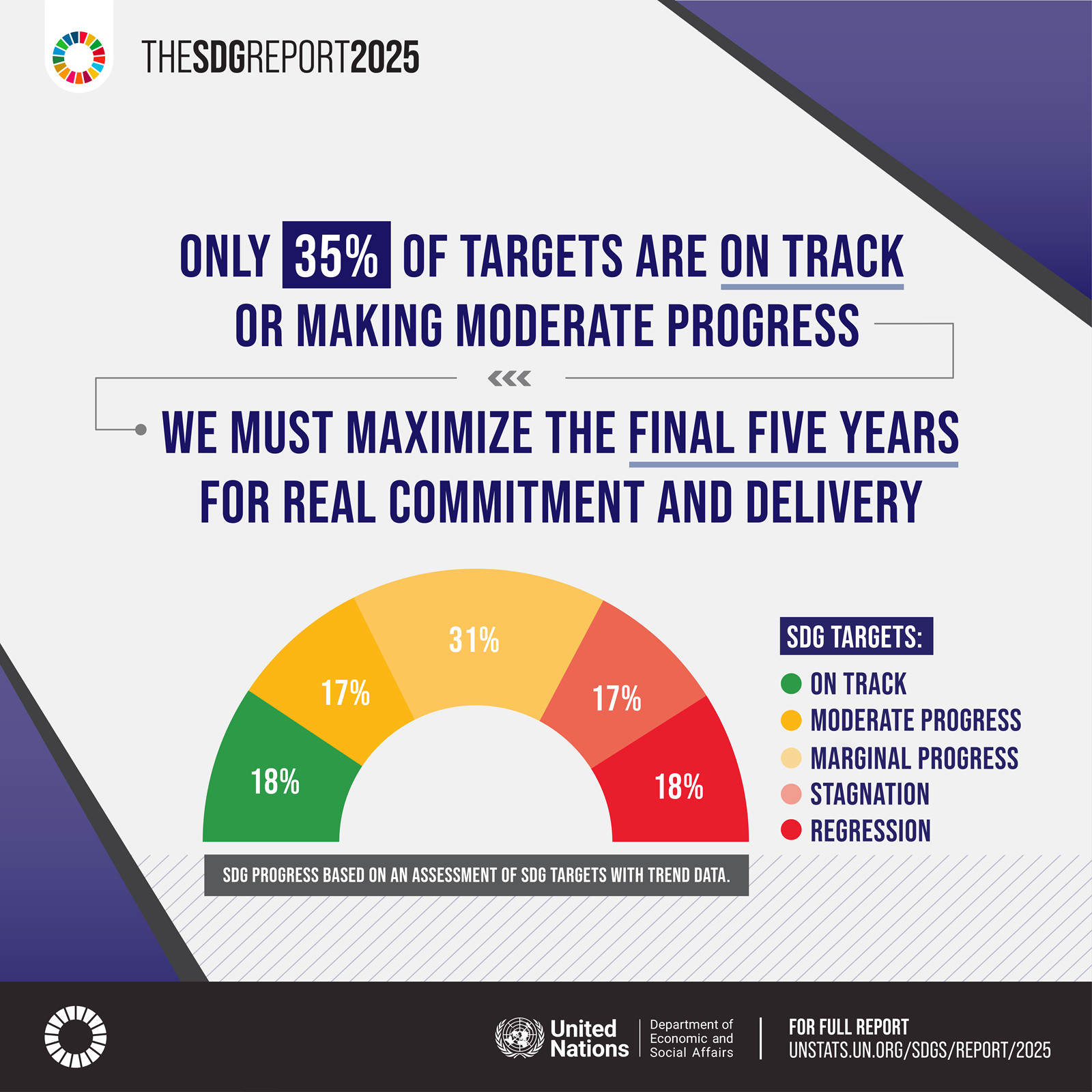The World Food Day is celebrated on October 16 every year. The theme for this year is Right to foods for a better life and a better future.
In addition, the international community this year celebrates an important milestone in the human right to adequate food - the 20th anniversary of the “Voluntary Guidelines to Support the Progressive Realization of the Right to Adequate Food in the Context of National Food Security also known as the Right to Food Guidelines’
The Voluntary Guidelines to support the Progressive Realization of the Right to Adequate Food in the Context of National Food Security were adopted by the FAO in 2004, with the aim of guiding states to implement the right to food. It is not legally binding, but directed to states' obligations to the right to food under international law
At the World Food Summit that took place in Rome in 1996, governments reaffirmed the right to food and committed themselves to halve the number of hungry and malnourished from 840 to 420 million by 2015. The Summit declaration noted as ‘intolerable that more than 800 million people throughout the world, and particularly in developing countries, do not have enough food to meet their basic nutritional needs. The situation is unacceptable’.
But the recently released State of Food Security and Nutrition in the World 2024 (SOFI 2024) report, published by FAO, IFAD, UNICEF, WFP, and WHO, noted that six years from 2030, hunger and food insecurity trends are not yet moving in the right direction to end hunger and food insecurity (SDG Target 2.1) by 2030. The indicators of progress towards global nutrition targets similarly show that the world is not on track to eliminate all forms of malnutrition (SDG Target 2.2).
Billions of people still lack access to nutritious, safe and sufficient food. For example, the SOFI 2024 report warns that one out of every five people in Africa is facing hunger.
Furthermore, in Africa, Asia and South America - continents with the biggest food-related problems, not only is there shortage of food and lack of infrastructure but also mal-distribution and inadequate access to food.
For example, according to FAO, while world’s farmers produce enough food to feed more than the global population yet, hunger persists. Around 733 million people are facing hunger in the world due to repeated weather shocks, conflicts, economic downturns, inequality, and the COVID19 pandemic. This impacts the poor and vulnerable most severely, many of whom are agricultural households. This is turn unwraps efforts to address widening inequalities and other global goals across and within countries.
Therefore, on the occasion of the World Food Day 2024, the FAO call to governments for enhanced global commitment to the right to adequate food for all including through sustainable, fair and transformed agri-food systems, is more than urgent.


No comments:
Post a Comment